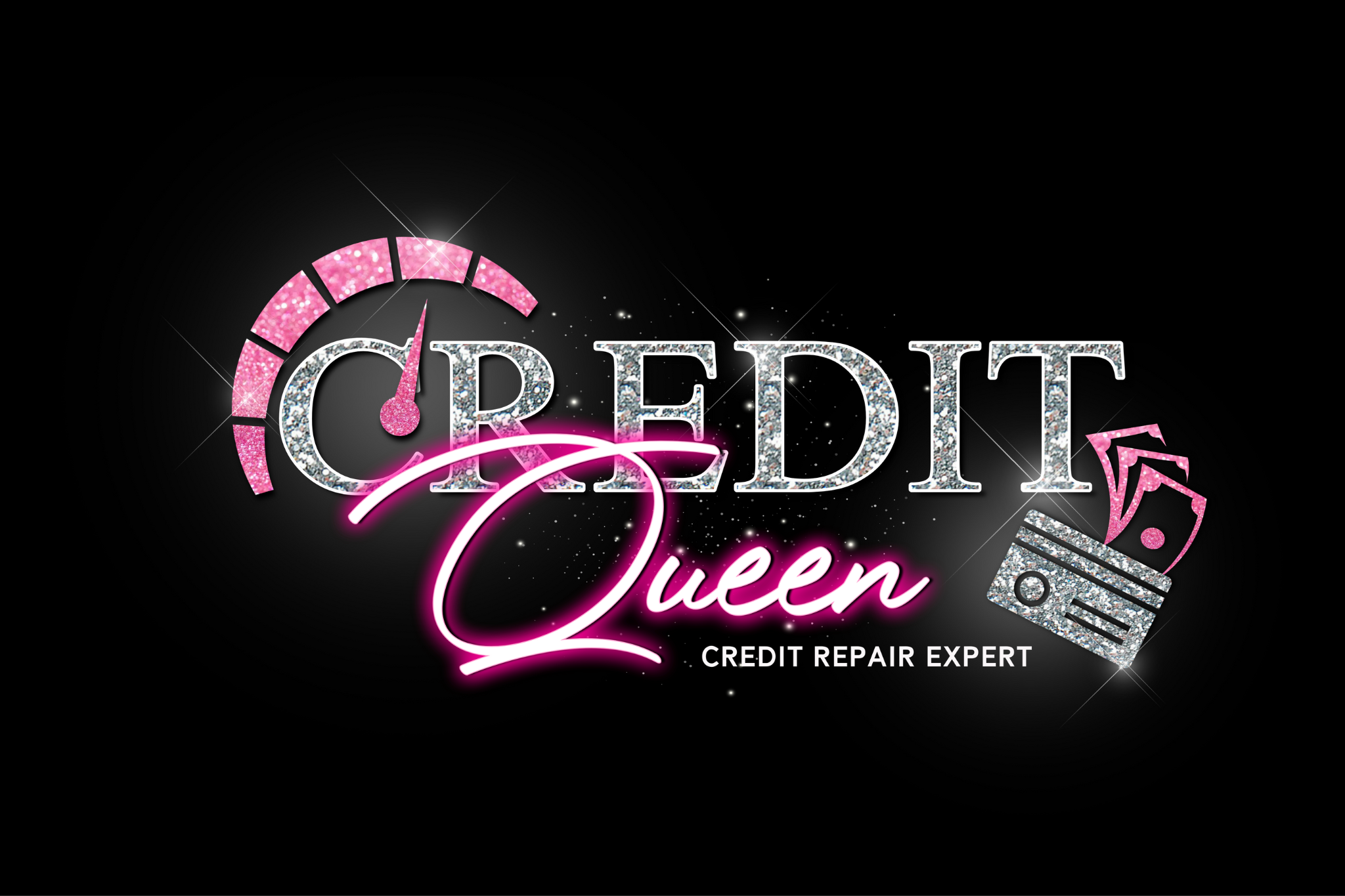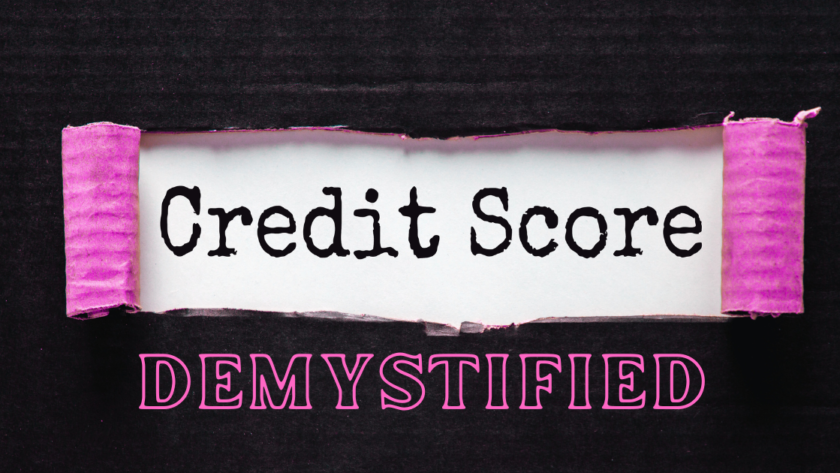A credit score is like your financial report card. It’s a three-digit number that tells lenders how reliable you are when it comes to repaying loans.
The higher the score, the better your chances of getting approved for loans and snagging better interest rates. Basically, a good credit score can save you a ton of money.
So, what goes into calculating this mysterious number?
Well, it’s all based on your credit history.
The number of accounts you have, how much debt you owe, your repayment history, and other factors all play a role.
What companies keep track of credit history?
The big players in the credit world are Equifax, Experian, and TransUnion, who keep track of all this juicy credit info.
And the most popular credit score model?
That would be the FICO Score from Fair Isaac Corp. Basically, it’s the Beyoncé of the credit world.
Your FICO credit score takes into account things like your repayment history, how much debt you have, how long you’ve had credit, the types of credit you have, and any new accounts you’ve opened.
It’s like a secret formula that lenders use to decide if you’re a responsible borrower or not.
But it’s not just lenders who care about your credit score. Prospective employers, service providers, and even that cable company you love could be checking up on how reliable you are.
So, what makes a good credit score?
Well, anything above 700 is considered pretty awesome. And if you score higher than 800, you’re basically ruling the credit game. It’s like having a VIP ticket to all the best interest rates.
On the other hand, if your score falls below 580, things start to get dicey. But don’t worry, there’s always room for improvement. For reference take a look at the numbers below:
Excellent: 800–850
Very Good: 740–799
Good: 670–739
Fair: 580–669
Poor: 300–579
How do they calculate your credit score anyway?
The three major credit bureaus gather and store your credit history, then use five main factors to calculate your score.
These factors include your:
- payment history (35%)
- how much you owe (30%)
- the length of your credit history (15%)
- the types of credit you have (10%)
- any new credit you’ve applied for (10%)
It’s like a math equation that can make or break your credit dreams.
And remember, FICO creates three different scores, one for each credit bureau. So don’t be surprised if your scores vary a little.
Your FICO score is like the Beyoncé of credit scores – everyone’s using it! About 90% of lenders rely on FICO scores, so it’s kind of a big deal.
How can you improve your credit score?
Now, let’s talk about how you can improve your credit score.
Ready for some epic tips?
Here we go:
- Pay your bills on time: It takes about six months of on-time payments to start seeing a noticeable difference in your score. So, get those bills paid up, my friend!
- Boost your credit line: If you have credit cards, call ’em up and ask for a credit limit increase. As long as you’re in good standing, you should be able to get a higher credit limit. But remember, don’t go spending all that extra cash – keep that credit utilization rate low and pay down your debt.
- Don’t close a credit card account: If you’ve got a card you’re not using, just stop using it instead of closing the account. Trust me, this can actually hurt your credit score, especially if the card is old or has a high credit limit.
Need some extra help?
If you don’t have the time to work on your credit score yourself, credit repair companies can step in. They’ll negotiate with your creditors and the credit bureaus on your behalf (for a fee, of course).
Or, you can try the best do-it-yourself credit repair platform – it’s super easy and takes just 10 minutes to get started. Plus, it’s all automated, so you can sit back and let the magic happen.
Fix any credit report errors: Hey, mistakes happen. That’s why you’re entitled to one free credit report per year from each of the main credit bureaus.
Snag your free reports from AnnualCreditReport.com and check for any errors. If you want extra protection, consider hiring a monitoring service to keep your info safe and sound (this amazing credit repair platform includes credit monitoring at no additional charge).
What’s considered a GOOD credit score?
Well, my friend, it depends on the lenders and the scoring model they use. But generally speaking, scores from 580 to 669 are considered fair, 670 to 739 are good, 740 to 799 are very good, and anything over 800 is excellent. You’re aiming for the stars, my friend!
So, who calculates these credit scores anyway?
We’ve got three major credit bureaus in the USA: Equifax, Experian, and TransUnion.
They all crunch the numbers and calculate your FICO score using the same info.
These credit bureaus keep tabs on consumers in the credit markets, kinda like credit superheroes!
Now, here’s a quick way to boost your credit score in no time–including regular monthly payments that are not automatically reported.
Trust me it’s like a turbocharger for your credit.
You can include other payments in your credit score, like rent and utilities.
So, if you’ve been paying those on time like a champ, could give your credit score a quick jump and use the DIY FreedomPath credit repair platform to do this with ease.
In conclusion
Alright, let’s wrap this up now that you know the ins and outs of credit scores, go forth and conquer the credit world.
Your credit score matters A LOT.
It’s a magic number that can determine your financial future.
By understanding how credit scores work and taking steps to improve them, you’ll be on your way to financial awesomeness. Just remember, good credit means great opportunities and more money in your pocket. Good luck!














Hello There. I found your blog using msn. This is a really well written article. I will be sure to bookmark it and come back to read more of your useful information. Thanks for the post. I will certainly comeback.
Definitely, what a splendid blog and informative posts, I surely will bookmark your blog.Best Regards!
Thanks for your concepts. One thing I’ve noticed is that often banks in addition to financial institutions have in mind the spending behaviors of consumers plus understand that plenty of people max out their own credit cards around the getaways. They smartly take advantage of that fact and then start flooding a person’s inbox as well as snail-mail box using hundreds of no interest APR credit cards offers shortly when the holiday season ends. Knowing that if you are like 98 of the American public, you’ll jump at the chance to consolidate consumer credit card debt and move balances for 0 interest rate credit cards.